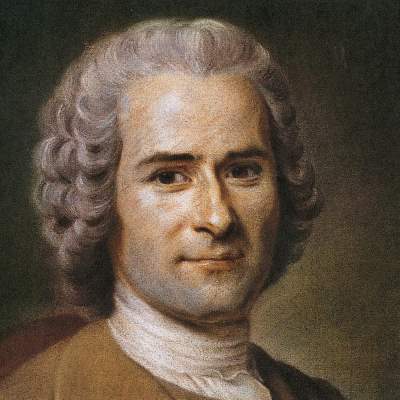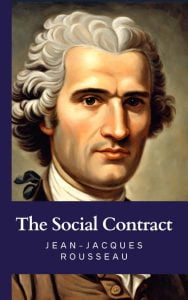
Birthdate: 28th June 1812
Nationality: Swiss
Bio:
Jean-Jacques Rousseau was an influential Swiss-French philosopher born in Geneva in 1712. He grew up in a Calvinist household, but was sent to live in Paris after getting in trouble back home in Geneva. There, he became interested in music, literature, and philosophy. He would go on to make important contributions in each of these fields.
As a philosopher, Rousseau helped develop the idea of the social contract, which proposed that governments derive their power from the consent of the governed. He believed that humans were good by nature but corrupted by society and civilization. In works like Discourse on Inequality and The Social Contract, Rousseau argued people had unalienable rights and the government was legitimate only with the people’s consent. This helped lay the foundation for democratic and nationalist thought during the French Revolution.
In addition to his political philosophy, Rousseau made contributions to music. He wrote opera libretti and developed a theory of affective music. As a composer, his works included musical entries for Diderot’s Encyclopedia. In literature, Rousseau published the hugely influential novel Julie, or the New Heloise in 1761 about a love affair between a preceptor and his pupil. The book helped establish the modern genre of romance.
Later in life, Rousseau faced criticism that forced him to flee France. He spent his final years in relative isolation in the countryside of present-day Switzerland and France. Though a controversial figure in his own time, Rousseau left a lasting legacy as one of the most important thinkers and writers during the Enlightenment period in the 18th century. His works helped shape modern political and educational thought.

